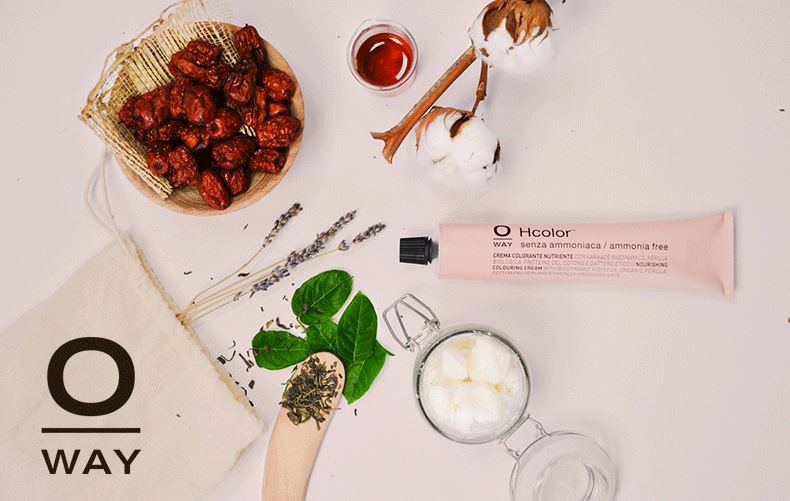Our commitment to using ethical and vegan products, as well as doing our bit to protect the environment, is something we don’t compromise on and you shouldn’t expect us to.
However, some may wonder if this is an approach that is starting to lose its appeal, after the news that the Body Shop is going into administration. If such a big name in the area of ethical and cruelty-free products is in such trouble, where does that leave everyone else?
It certainly isn’t because people don’t want cruelty-free or vegan products. Indeed, research has shown that almost seven out of ten hair products used in the UK are cruelty-free and 22 per cent are vegan. We would like these figures to climb higher, but they certainly aren’t shrinking. Ethical hair products are still very popular.
The reason Body Shop failed was that, having been such a successful pioneer in this market for 30 years, it lost its way. Its sale in 2006 to a mainstream rival in L’Oreal meant Body Shop surrendered its niche position and became a branch of a multinational.
It can be debated whether L’Oreal truly understood the kind of customers it was now serving under the Body Shop label, but decline really set in after it was sold to Natura & Co, which owns Avon, and then a German private equity firm.
Body Shop did not fail because the kinds of products it offered were less popular, but because those in charge were not willing or able to innovate to stay ahead in a market other firms, like Lush, were now competing in.
This has been the story of a company in the right market, but not being run the right way, losing ground to those who understood ethically-minded consumers better.
That’s why we are confident that our commitment to being green and vegan will remain popular. As our customers know well, it is perfectly possible to be ethical and still have beautiful-looking hair.
